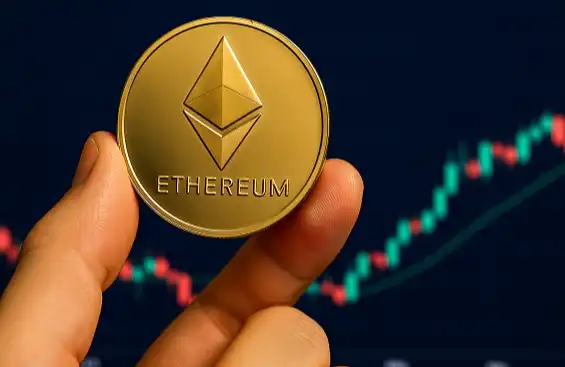Top tech bosses are dumping billions into deals with Trump to avoid getting crushed by the wave of new tariffs coming out of the White House in 2025.
Apple, Nvidia, and AMD are the first to throw cash at the problem, each taking different routes to dodge penalties and keep doing business with China.
The most dramatic move came from Nvidia and AMD. Both chipmakers were cleared by the White House to keep selling their advanced chips to China, but only if they hand over 15% of their China sales revenue to the U.S. government.
The deal was announced earlier this week, and the details are still a mess. A spokesperson for the White House, Karoline Leavitt, said Tuesday that the legal structure and how the money would be collected were still being worked out. She also said the same deal could hit other companies in the future.
Apple投资6000亿美元以避免关税
Tim Cook, the CEO of Apple, made his own offer to avoid Trump’s 100% tariff on imported chips. He confirmed Apple would invest $600 billion into U.S. operations over the next four years, which earned an exemption from the upcoming chip tariffs that target imports, especially from China.
Apple uses hundreds of different chips in its devices, and the company had already lost $800 million in tariff costs during the June quarter alone.
Cook’s strategy looks like a way to buy breathing room. And it worked, at least for now. CNBC quoted tech analyst Paolo Pescatore from PP Foresight, who said the entire wave of sudden deal-making was about one thing: protection.
“The flurry of deal-making is an effort to secure lighter treatment from tariffs,” Paolo said in an email. He also said every big tech company has already felt the hit. “They can’t afford to fork out on millions of dollars in extra fees,” he said.
Paolo also said Apple’s massive investment will likely set off a “domino effect,” pushing other companies to do the same thing; spend big at home to keep their global operations safe. Apple’s risk is especially high since the company depends so heavily on China for both parts and market access.
Chip tax draws backlash from tech execs
The Nvidia and AMD agreement is being dragged across TV and tech boards as confusion spreads. CNBC’s Squawk Box brought on Ray Wang, the founder of Constellation Research, who said it was “bizarre” that there’s still no clarity on whether the chips involved are tied to national security or not.
“If the answer is no, fine OK. The government is taking a cut,” Ray said on Monday. He also added that both Jensen Huang of Nvidia and Lisa Su of AMD seemed to agree to the 15% payment as a workaround, just to keep their China pipeline open.
But not everyone sees this as a clean deal. Some industry voices are calling it a “shakedown” and even question whether it’s constitutional. The arrangement looks more like a tax on exports than a normal trade policy. And it opens the door for similar cash-for-access deals with other companies that rely on China.
The market’s reaction wasn’t all negative. Nvidia and AMD saw a brief bump as traders bet on continued access to China. But the optimism faded fast as concerns grew over whether the Trump administration would push the same model onto other sectors.
Investors are also worried about the lack of rules. Dan Niles, who manages Niles Investment Management, told CNBC’s “Closing Bell: Overtime” that his concern wasn’t about whether the deals are good or bad. It’s the uncertainty. “Do you have a policy one week and then it flips the next?” Dan said. “Right now, that is what concerns me a little bit more.”



